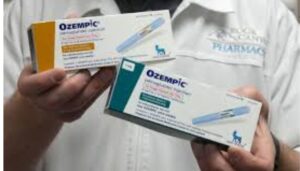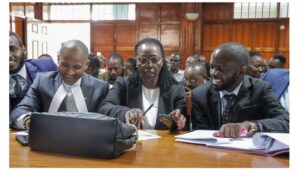Omicron Variant; Researchers Produce First Look at How Vaccine Deals with the Variant
Omicron Variant; Researchers in South Africa have produced the first look at how vaccine deals with the latest covid-19 variant, Omicron.
According to laboratory tests in South Africa, vaccines against the virus that causes COVID-19 may confer less immunity to the Omicron variation than to other major variants of the deadly disease.
When compared to resistance to the original strain identified in China nearly two years ago, researchers at the Africa Health Research Institute in Durban, South Africa (AHRI), discovered that Omicron resulted in a 40-fold reduction in levels of neutralizing antibodies produced by people who had received the Pfizer-BioNTech vaccine.
The report was a pre-print, according to allafrica.com, which means it was not yet peer-reviewed but was disseminated owing to its importance.
While persons who have been vaccinated may be more susceptible to Omicron breakthrough infections, immunizations trigger a broad immune response that includes more than simply antibodies.
Alex Sigal, an AHRI virologist, told The New York Times that he and his colleagues had been working at breakneck speed to cultivate the virus and then test antibodies against it for the past two weeks. He joked, “If I don’t die of the virus, I’ll die of exhaustion.”
When the Durban results were released, a number of infectious disease experts indicated there was a need for heightened caution and further research, but the good news was that the South African lab discovered that the vaccine does lessen the dangers. It’s also conceivable that boosters will raise immunity even more.
It emphasized that the potential raises the critical question of the economic damage that travel prohibitions against African countries have caused — as well as their ability to continue their groundbreaking Covid research.
In the current situation, global health experts agree that the prohibitions are unscientific, inefficient, and punishing, and that they may dissuade other countries from sharing essential research in the future.
Dr. Sikhulile Moyo, a Zimbabwean, was one among the first to sequence the Omicron variation genetically in his Botswana lab. The prohibition has decreased the supply of reagents and other materials needed for further study, according to Dr. Tulio de Oliveira, Director of South Africa’s Centre for Epidemic Response and Innovation.
The Omicron variant is rapidly spreading in South Africa and has been detected in dozens of nations around the world, many of which were unaware of it until it was discovered in southern Africa.







